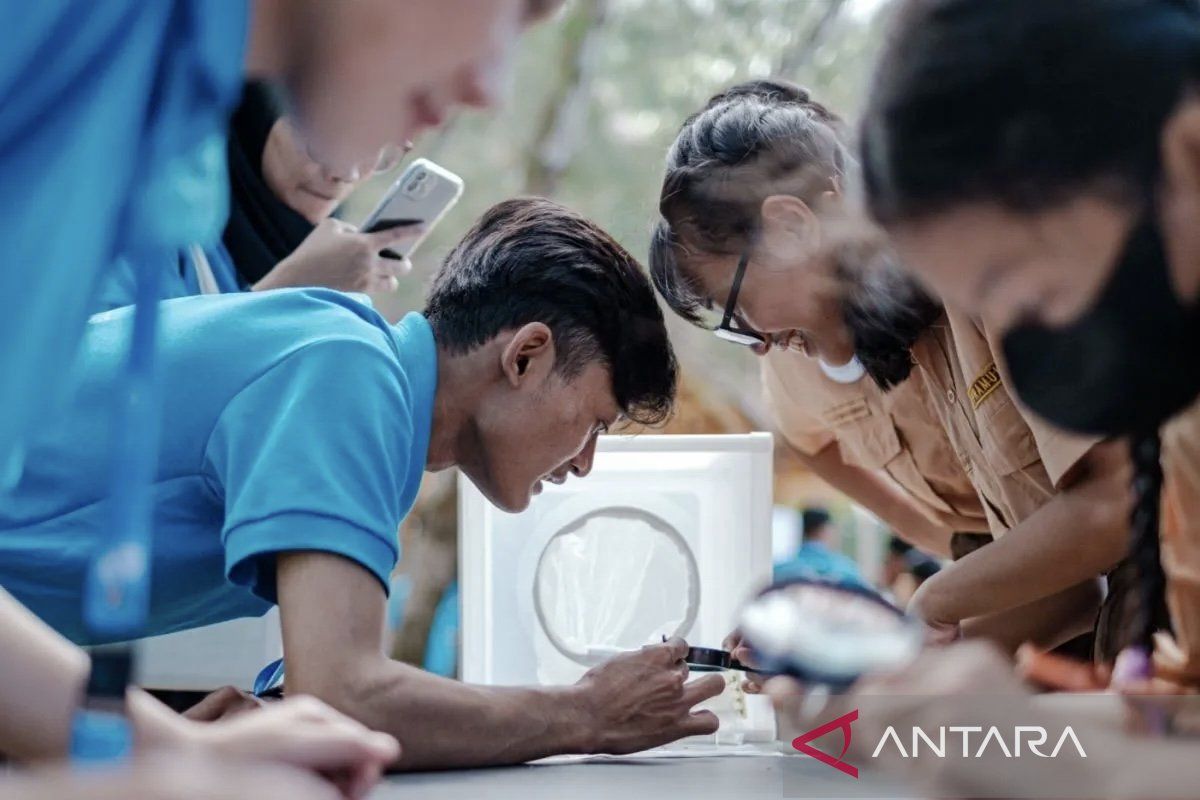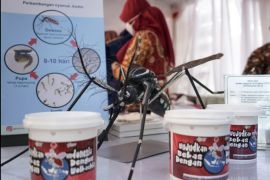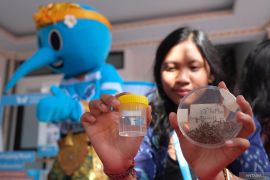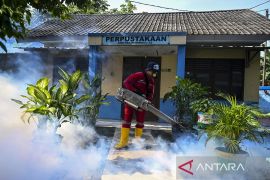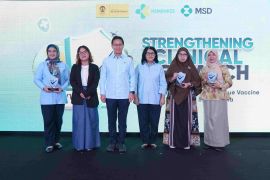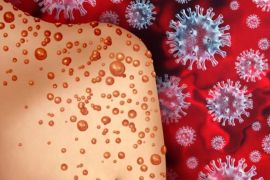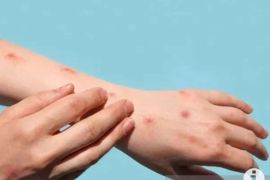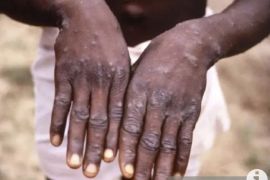For several months, Wolbachia can make mosquitoes that carry the dengue virus sterile. Thus, even though they still bite, they do not transmit the virus.Jakarta (ANTARA) - The Ministry of Health on Monday said that the use of Wolbachia bacteria to control dengue transmission has proven effective in reducing cases of infection by up to 77 percent.
"This has been tested since 2011 in dozens of countries in the world where ten research papers of international publications have been published," the ministry's health transformation communication technical staff, Ngabila Salama, said here on Monday.
According to her, the use of Wolbachia is a good, safe, and effective innovation. It is a long-term treatment step that can measurably reduce dengue cases in Indonesia, she added.
She further said that it is even more effective than handling dengue through fogging, which is relatively more expensive and makes mosquitoes more resistant.
Salama added that the community need not worry when the initial period of the release of Wolbachia causes the mosquito population in their surrounding environment to rise.
She said that the use of Wolbachia would not make humans guinea pigs for the program adding that when the bacteria are present in the body of the Aedes aegypti mosquito, the mosquito can no longer transmit viruses when it bites humans.
She explained that Wolbachia cannot live in human bodies because they are naturally found in insects so their use is environmentally friendly and would not disrupt the ecosystem or the life cycle of other microorganisms.
"For several months, Wolbachia can make mosquitoes that carry the dengue virus sterile. Thus, even though they still bite, they do not transmit the virus, and the morbidity rate can decrease," she added.
The Ministry of Health has released mosquito larvae with Wolbachia in five dengue-endemic cities in Indonesia since early this year.
The larvae have been spread at 47,251 locations in Semarang, 20,513 locations in Bandung, 18,761 locations in West Jakarta, 9,751 locations in Kupang, and 4,917 locations in Bontang.
Related news: Wolbachia bacteria only survives in insect cells: UGM's researcher
Related news: No new diseases from Wolbachia dengue control method: Health official
Related news: Wolbachia, dengue vaccines main topics at 2023 ASEAN Dengue Day
Translator: Cahya Sari, Raka Adji
Editor: Azis Kurmala
Copyright © ANTARA 2023
